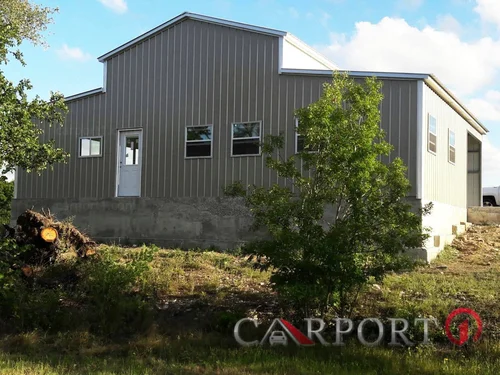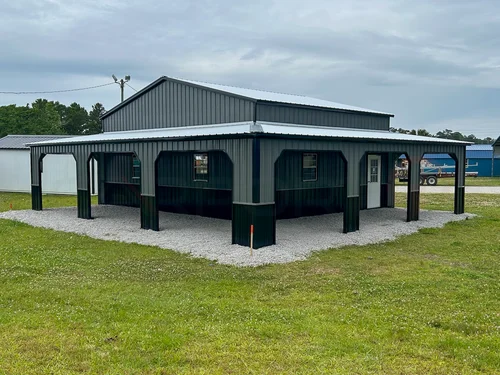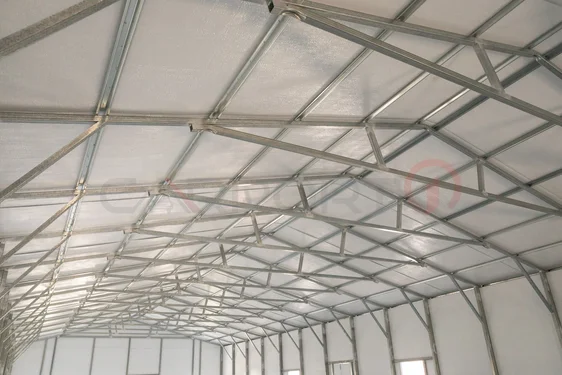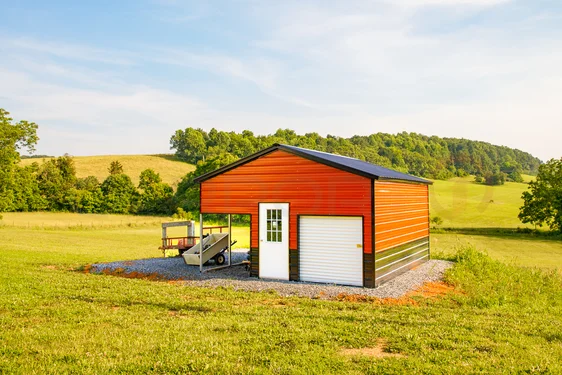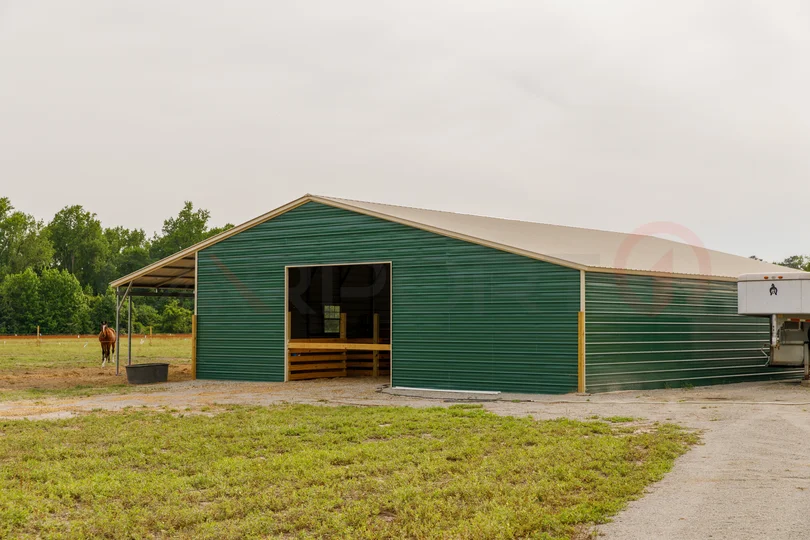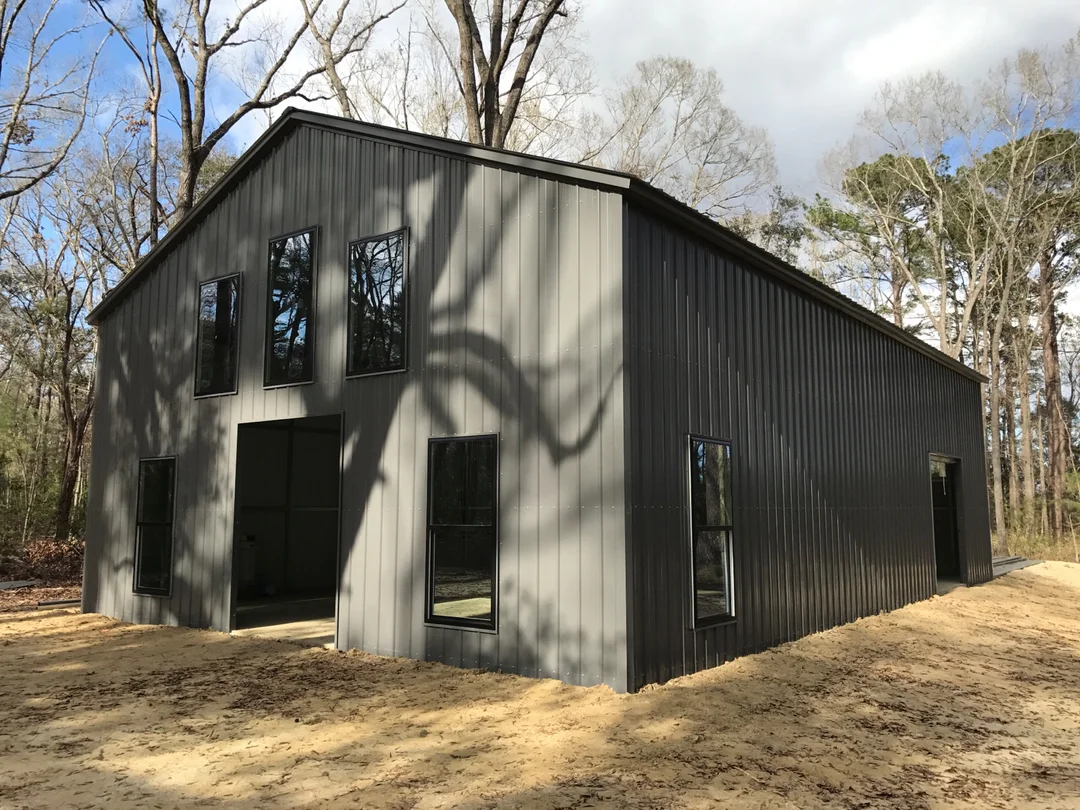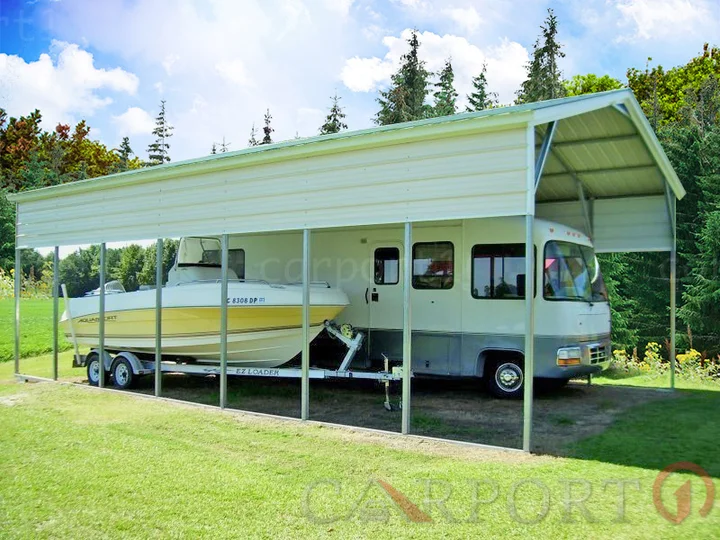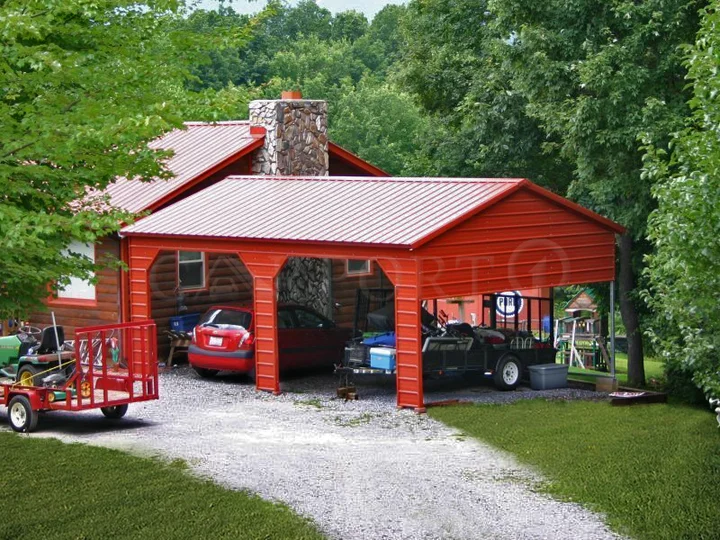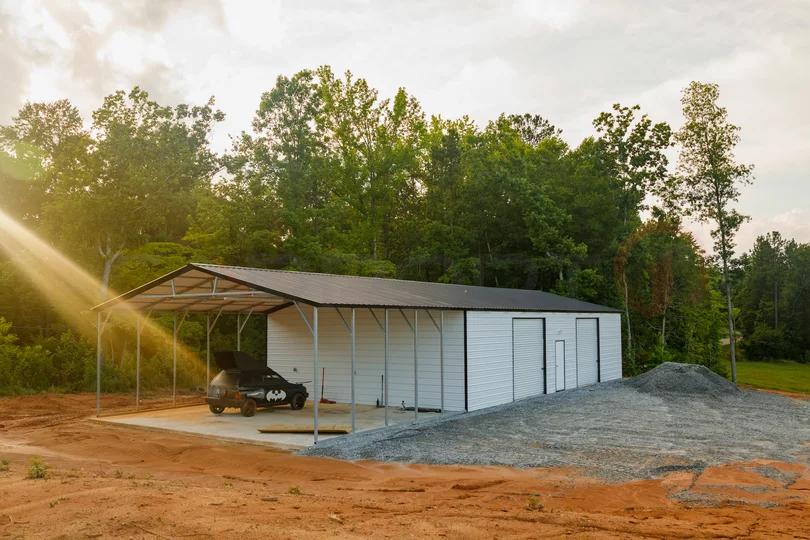Commercial enterprises in need of space for their operations can choose from a variety of construction materials for their buildings. They can have their buildings built in concrete, wood or steel. The cost complexities associated with putting up structures with either of these materials vary, but businesses and enterprises are well placed to make great savings on their operations by having their structures built in steel. You may be wondering why that’s the case, well here is why. Commercial buildings made of concrete are expensive to set up and take too long to build to completion. If the building being put up was crucial to operations, then you’d have to wait for a very long time for the project to complete and your income generating activities would have to take a back seat. Commercial structures made of wood are cheaper to put up but cost an arm and a leg to maintain. You’d have to paint them every now and then as well as periodically treating them against pests. Expensive isn’t it? And that’s not all. They are not robust enough to withstand tremors and other seismic activities. Your structure could be standing one minute and the next it could be flattened as a result of a tremor. You could lose all your valuables, and your business operations could come to a standstill.
Steel buildings for industrial purposes
Steel structures address all these challenges. They are strong and are virtually maintenance-free. Your business, therefore, makes substantial savings of maintenance and your profit margins improve as a result. Commercial buildings house costly equipment, and as such, the structures should be strong to protect the equipment and the people working in the structures. Let’s now take a look at the specific advantages of metal buildings for the industry over other materials.
- Material strength
Steel is one of the strongest materials on earth, and the structures made of steel are strong as well. A lot of people visit Commercial premises, and they should, therefore, be strong to protect the people and items in the premises. Metal buildings guarantee you just that. With the ability to withstand the harmful forces of nature, metal structures ensure the safety of the people within the structures.
- Prefabricated structures
Industries have specific needs when it comes to their commercial buildings. Standard-sized structures may, therefore, not cut it for them. The advantage of prefabricated steel buildings for the industry is that they arrive at your premises already assembled and bolted together and this makes for easy installation.
- Flexible designs.
The commercial building requirements of industries change abruptly with changes in its operations and/or expansion. Business may, therefore, have to restructure their buildings to meet their current needs. Metal structures are built to make it easy for expansion without having to pull down the entire structure. This could save you time and money for your expansion process, and the flexible nature of metal buildings for industry make them ideal for growing commercial enterprises that are still growing.
- Fire and pest resistance.
Fire and pest could easily compromise the integrity of commercial buildings. Fires can prove fatal should they break out in a packed building. Pests, on the other hand, eat into the structure weakening it as a result. You could, therefore, end up with high maintenance costs as a result of the pests or having to replace an entire building. Metal is fire resistant and, therefore, it will not exaggerate an existing fire. They are immune to pests as well and, therefore, your structures won’t be compromised by infestations. All these attributes make steel buildings cheap to insure’ and as such, you will pay lower premiums for your building.
All these features make metal buildings the best for industries and commercial buildings. Let’s now take a look at the various applications of metal buildings for the industry.
1. Metal Building Warehouses
Industries require warehouses for their business wares. Company employees regularly access the warehouse when taking stock and retrieving merchandise. Such structures should, therefore, be safe to ensure the safety of business wares and company employees. Metal buildings provide this and are durable to serve you for a long time. Warehouses can be customized to include separate office rooms.
2. Structures for Auto-shops
Companies that run auto-shops can benefit from the stability provided by metal structures. Different sections can be modified to accommodate various types of vehicles for easy operation.
3. Indoor sporting facilities
Sporting institutions can rely on the strength of steel for their sporting structures. Stadiums, exercise centers for the players such as gymnasiums and fan recreation centers can all be made of steel. The advantage of using steel to construct sporting structures is that they are strong enough to handle the pressure and weight brought about when people converge for a sporting event.
4. Car dealership centers
Car dealership centers accommodate expensive and high-value vehicles, and as such, they should be built using strong materials that ensure the safety of the vehicles within the centers. Steel structures ensure just that and long term sustainability. Dealerships in need of open spaces for their show rooms can rely on the strength of steel buildings that allow for steel structures to be built without supporting columns and beams. Steel structures can also be constructed to meet certain wind, snow and tremor ratings and this goes a long way to protect the vehicles accommodated within the dealerships.
5. Other structures
The applications of metal buildings for plant do not just end at warehouses, auto-shops, and car dealership centers. They can as well be used as retail store centers, aircraft hangars for commercial airports and agricultural centers. Your firm has a lot to gain by adopting metal buildings, and Carport1 is there to help you acquire the best structures for your business. A long term warranty covers our structures against rust and workmanship issues. Call our offices today for affordable steel buildings for the industry.

